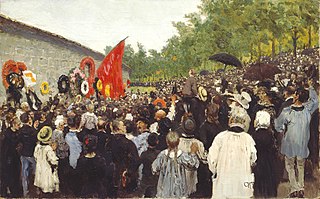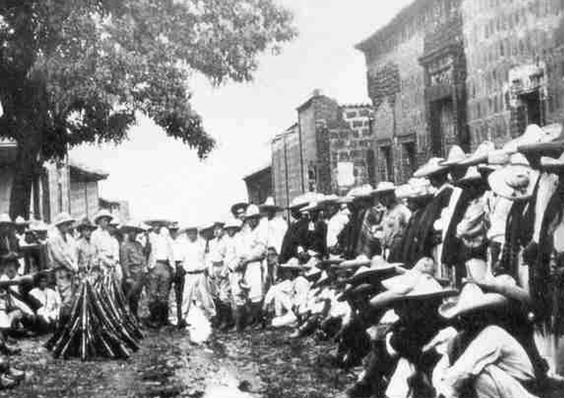guinazacity
Banned
Chapter Sixty Two: Awful Fortune
[FONT="]
[/FONT]
[FONT="]“The little one will not die. Do not allow the doctors to bother him too much."
Rasputin’s telegram to Spala, November 1910.[/FONT]
[FONT="]
[/FONT]
[FONT="]“Have mercy upon me, O LORD; consider my trouble which I suffer of them that hate me, thou that liftest me up from the gates of death”[/FONT]
[FONT="]Psalm Nine[/FONT]
[FONT="]
The Hunting Lodge at Spala
[/FONT]
[FONT="]In the winter of 1910 the Tsar’s family travelled to their Hunting Lodge in Spala in Russian Poland. Intending to celebrate Christmas there, the Royal Family, a select group of courtiers, an a small army of servants trekked by rail and then by horse and coach to the grand lodge.
[/FONT]
[FONT="]
[/FONT]
[FONT="]It was icy on the steps of the lodge, slippery sleet frozen and trampled into treacherous ice. It happened in seconds; the young Tsarevich’s toes skidding on a patch of blackened ice and his small body tumbling back down the hard stone. He only fell a couple of steps, bouncing off the balustrade as he catapulted back into the retainers who rushed to grab at him, but the fall broke two ribs.
[/FONT]
[FONT="]
[/FONT]
[FONT="]And started the haemorrhaging.
[/FONT]
[FONT="]
[/FONT]
[FONT="]Alexei had suffered with haemophilia B since birth, a genetic condition inherited from his estranged Grandmother Queen Victoria. Now, as the boy lay in semi-consciousness, he bled internally, his body unable to clot the bleeding. The court Doctors, Botkin and Devrenko, who travelled everywhere with the Tsar and his family, tried to operate and had reasonable success in resetting the ribs, under intense stress, and managed to staunch some of the bleeding. But they could not be sure they had got it all. They pleaded with the Tsar to be allowed to administer the new wonder drug Aspirin.
Rasputin, however, the Tsarina's emotional crutch, steadfastly refused by telegram. It was he who, two years before, had taken Alexei off the medication - a course of action that seemed to have brought about a remarkable recovery. An antiaggregant, Aspirin was, it is now known, partly responsible for the Tsarevitch's joint swelling and pain. But here it would, although neither Doctors nor Holy Man knew it, have staved off the after-shocks of the injury - Sepsis.
Within a few hours Alexei had gone into a pulse-racing shock from which his little body could not recover. He died about the time Rasputin arrived at the nearby train station, and the death sent his mother into insensible grief which required her to be sedated.
For Nicholas II, horror-struck and reeling with the grief of loss, the future seemed suddenly bleak. His brother Michael had been swept away during a Typhoid epidemic in the camps during the Great Balkan War and now the next in line seemed to be his preening and pretentious cousin Kyril. For a few days the Tsar held the news back from the public, isolated as they were in rural Poland, whilst he considered what to do next.
[/FONT]
Poor Alexei, won't get to experience so many things in life, including but not limited to being sentenced to death by the cries of the starving masses.





